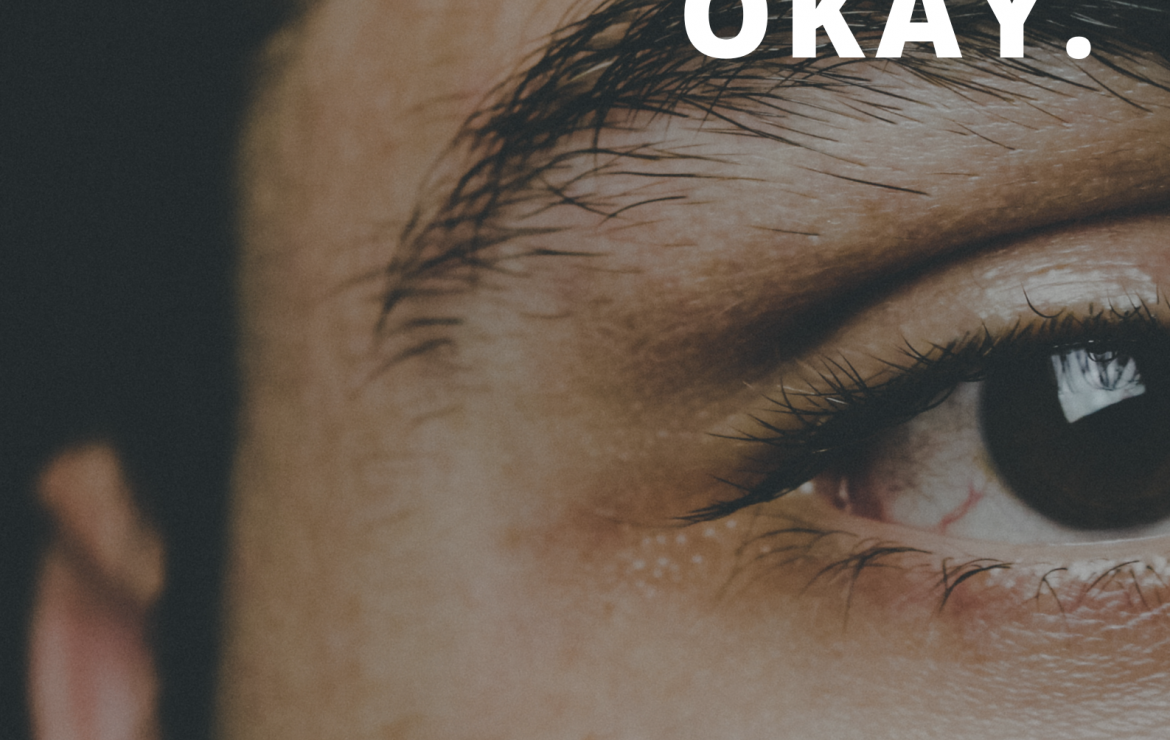Understanding that depression is a medical diagnosis like diabetes or hypertension can reduce stigmatization of mental health. Most patients who present to their primary care providers present with somatic symptoms such as poor sleep, anxiety, fatigue, low energy. There is no laboratory testing for depression. According to a study in 2018 from the Journal of American Board Family Medicine by Borsky, Zuvekas and Ngo-Metzger, many Americans are not being assessed for depression. Several different populations including men, those over 75 years old, minorities and uninsured are less likely to be assessed. The United States preventative services task force recommends depression screening for all Americans when in regards to mental health.
Laboratory testing can rule out mood disorder due to alcohol, cocaine or misuse off of her prescribed medications. Other symptoms of depression occur in the context of other medical disorder such as Diabetes, Heart disease, Lupus, Parkinson’s disease, Hypothyroidism or forms of Cancers. Distress or depression can occur in the context of bereavement, grief, changes in life such as divorce, death of a loved one, unemployment or illness.
Symptoms of depression can be sleep issues, irritability, feelings of worthlessness, hopelessness and helplessness. Some can have despair, emptiness, tearfulness. Some can have dysphoria, intense feelings of sadness, anger, fluctuations of appetite or forgetfulness. Some depression can lead to suicidal thoughts of wanting to hurt themselves or “not wanting to live.” Some can have homicidal thoughts. Others can have hallucinations that can be visual or audiovisual hallucinations. If you have 5 or more of these symptoms please calm see a psychiatric nurse practitioner. If you have intense suicidality, homicidality, hallucinations, and that you cannot take care of yourself please go to the nearest emergency room.

